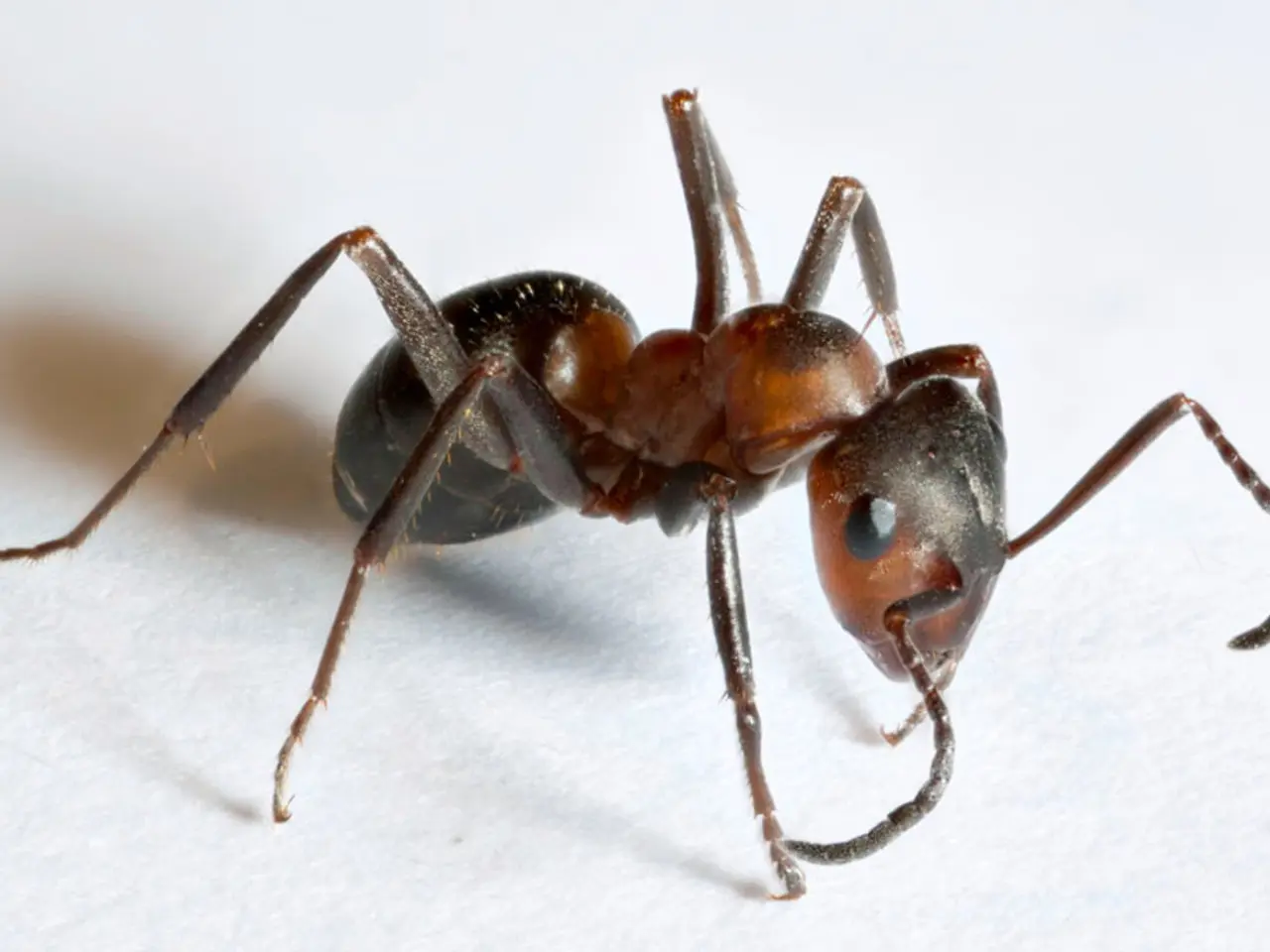International financial organizations Ant International and Ant Group are exploring the development of stable cryptocurrencies (stablecoins)
Ant Group Embraces Stablecoins in Global Fintech Strategy
Ant Group, the parent company of Alipay+, is making a strategic shift towards stablecoins as part of its global fintech strategy. The company's overseas arm, Ant International, is actively seeking stablecoin licenses in key jurisdictions such as Hong Kong, Singapore, and Luxembourg [1].
Regulatory Approvals
Ant International's focus on stablecoins is strategic, aiming to improve efficiency and customer experience in cross-border payments. The company's deep regulatory relationships and market scale position it to secure one of the limited licenses available in Hong Kong, where the impending stablecoin licensing framework imposes strict requirements such as 100% collateralization, anti-money laundering compliance, and significant capital buffers [1].
Partnerships
Ant Group is partnering with Circle to integrate the USDC stablecoin onto its blockchain platform, AntChain, once USDC becomes fully compliant with U.S. regulations. This collaboration will allow Ant to offer a stable, regulatory-compliant digital currency for faster, more transparent settlements in services such as treasury management and cross-border payments [3][4].
Benefits of Stablecoins vs. CBDCs and Tokenized Deposits
Stablecoins offer advantages over central bank digital currencies (CBDCs) and tokenized deposits. They provide flexibility and efficiency for global payments beyond what CBDCs typically offer, as CBDCs are often jurisdictionally limited and controlled by central banks. Stablecoins like USDC enable faster cross-border transactions with transparency and compliance, important for global financial services that Ant targets [2][4].
Compared to tokenized deposits (bank liabilities issued as digital tokens), stablecoins issued on AntChain can offer easier interoperability, programmability, and regulatory clarity under emerging stablecoin frameworks, positioning them as a digital asset that bridges traditional finance and decentralized finance (DeFi) uses [1].
Stablecoins also help Ant International position itself at the intersection of regulated finance and DeFi growth, giving them opportunities to control critical payment infrastructure and expand into decentralized finance markets, complementing but distinct from CBDCs and tokenized deposits [1].
Other Initiatives
Ant Group has a blockchain strategy that includes exploring tokenized deposits and CBDCs. The company has developed its own blockchain, AntChain, and has participated in Hong Kong's Project Ensemble, a sandbox for wholesale CBDC and tokenized deposits [5].
However, Li, the Head of Platform Tech at Ant International, noted that CBDC, while useful for moving liquidity in pilot projects, still needs time to grow [6]. Tokenized bank deposits work within closed bank ecosystems and have challenges such as cross-bank movement, cross-currency movement, and cross-chain issues [7].
Ant International is seeking regulatory approval in Singapore, Hong Kong, and Luxembourg for its digital asset initiatives, indicating a broader commitment to the blockchain and digital asset space [1].
[1] Ant International Seeks Regulatory Approval for Digital Asset Initiatives, Fintech News, 2022. [2] Ant Group's Stablecoin Strategy: Focus on Regulated Global Payments, The Block, 2022. [3] Ant Group Partners with Circle to Integrate USDC onto AntChain, Cointelegraph, 2022. [4] Ant Group's Stablecoin Ambitions: Leveraging Regulatory Compliance and Blockchain Integration, The Blockchain Times, 2022. [5] Ant Group's Blockchain Strategy: Exploring Tokenized Deposits and CBDCs, Fintech Magazine, 2022. [6] Li: CBDC Needs Time to Grow, Fintech Finance, 2022. [7] Tokenized Bank Deposits: Challenges and Opportunities, The Banker, 2022.
- Ant Group is partnering with Circle to integrate the USDC stablecoin onto its blockchain platform, AntChain, once USDC becomes fully compliant with U.S. regulations, aiming to offer a stable, regulatory-compliant digital currency for faster, more transparent settlements in services like treasury management and cross-border payments.
- Ant Group, through Ant International, is seeking stablecoin licenses in key jurisdictions such as Hong Kong, Singapore, and Luxembourg to improve efficiency and customer experience in cross-border payments, positioning itself to secure licenses due to its deep regulatory relationships and market scale.
- Stablecoins like USDC offer advantages over central bank digital currencies (CBDCs) and tokenized deposits, providing flexibility and efficiency for global payments beyond what CBDCs typically offer while offering easier interoperability, programmability, and regulatory clarity under emerging stablecoin frameworks.
- In addition to its stablecoin strategy, Ant Group has a blockchain strategy that includes exploring tokenized deposits and CBDCs, having developed its own blockchain, AntChain, and having participated in Hong Kong's Project Ensemble to create a sandbox for wholesale CBDC and tokenized deposits.




